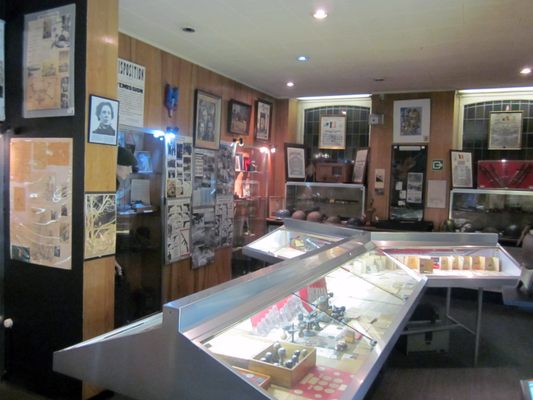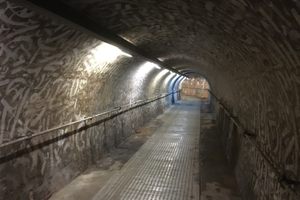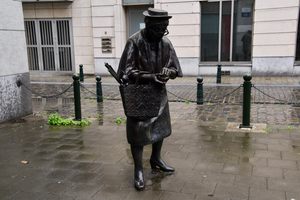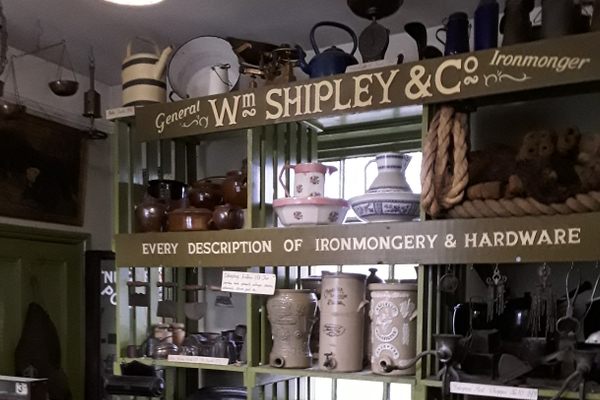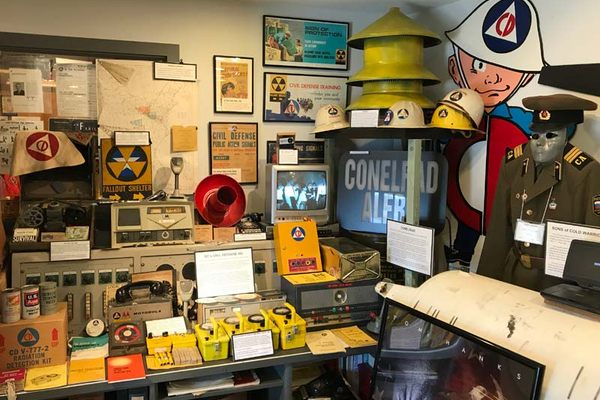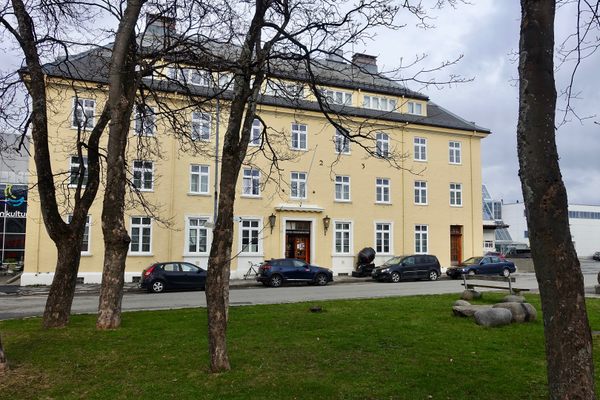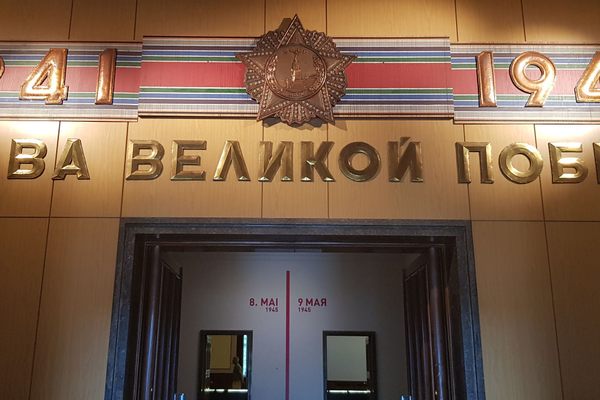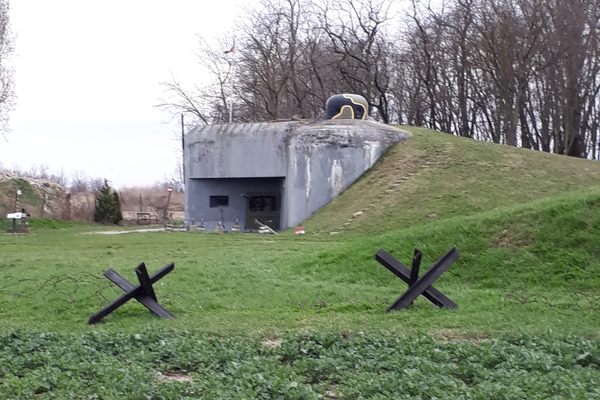About
From the outside, it doesn’t look like much: perhaps another small flat near the Clemenceau metro station. But the pale blue door to the National Museum of the Resistance hides an astonishing secret. This museum is housed in a building that witnessed one of the greatest feats of satire in modern history.
The National Museum of the Resistance (or the Musée National de la Résistance, if you’re trying to impress the locals) is tucked away in the suburbs of Anderlecht. It's home to a plethora of artifacts related to the Nazi occupation of Belgium: resistance armbands, prisoners’ uniforms, typewriters, weapons, photographs, and much more. Unlike the city’s more “polished” museums, the cramped den paints a visceral, claustrophobic picture of life under occupation.
Visitors might be tempted to ask why the museum is so out of the way. In 1943, a group of conspirators gathered in the building to undertake a dangerous mission. A minor journalist named Marc Aubrion and his colleagues at the Front de l'Indépendance came up with a bold idea: to write, print, and distribute a satirical version of the Nazi propaganda newspaper Le Soir (Le Soir is still around, but it's no longer doling out Nazi propaganda). Aubrion's newspaper, nicknamed Faux Soir, would make light of the occupation and poke fun at the Nazis.
Under threat of death, Aubrion and his friends executed the mad scheme in just under three weeks. They got 50,000 copies of the paper onto the streets before the Germans figured out what hit them. This building is a testament to a historical “footnote” that brought hope to the people of Belgium.
Related Tags
Know Before You Go
The museum has been closed due to ongoing renovations for a number of years (since 2018 or before) and seemingly no date for reopening has yet been communicated. 2022 might be a lucky year.
Published
August 15, 2019
